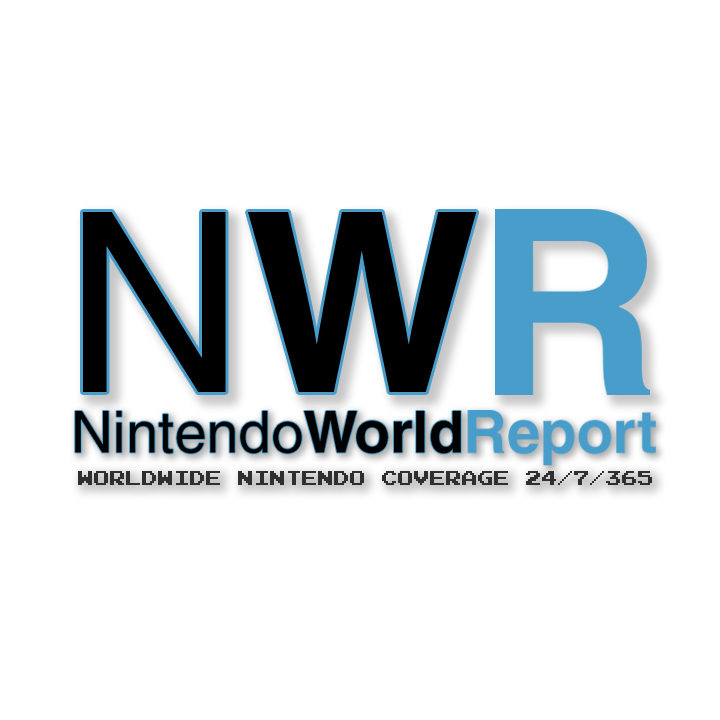Rytmos Review Mini – Review Mini

Frequent NWR guest and contributor Syrenne McNulty is a producer on Rytmos. The review was written and edited without any input from anyone who works with Syrenne.
We’re probably all familiar with the rhythm games in which timed button presses are the heart of the experience. But rarely do games that center on music evolve beyond that particular framework. Recently, the trend of the music puzzler has become more and more apparent, such as in the March 2023 release of Backbeat. Rytmos is a music game that goes beyond using music as a tool to make a player perform specific actions. Rather, it tries to educate a player on how music is constructed and lets you experiment with music from all sorts of cultures. The end result is a short, but incredibly satisfying puzzle game that might even give you some new recommendations to listen to afterwards.
Rytmos consists of a galaxy of planetoids, each with a core musical style at its heart. When these planets fall apart, it’s up to the player to reconnect them. The stylistic backdrop for the game is meant to be abstract, as it is a way for the player to learn more about the instruments and musical styles you’re trying to repair. After selecting a system, each named after a particular musical style, the player can select from three planetoids. On each of these planetoids, a line-puzzle awaits you, each with the same goal: create a loop where the line connects back to itself. However, along the surface of the planetoid, there are nodes that you can connect with the line that start playing a tune when connected. To receive a gold score on the planet, you need to loop the line in such a way that you also pass through each of these nodes.
This may sound like a simple concept, but the developers at Floppy Club have put in plenty of tricks to keep you on your toes, like moving around a small cube of ice that can block paths. You are free to move the ice cube and retrace your line in order to turn specific corners or block off dead ends. Another system sees you using gaps in the planet to warp your continued line to different points and make “impossible” angles. The best comparison would be the puzzles from a game like “The Witness,” or for those more familiar with Nintendo games, possibly the ice sliding puzzles from Zelda dungeons or Gym challenges in the older generation Pokémon games. Each of the square planets in Rytmos has six puzzles, making them both short and easy to pick up and play.
What I especially like about Rytmos is this simplicity and its strong focus on a particular theme. In this case, its dedication to teaching the player about all sorts of different world music styles and instruments. At the beginning of each system, you are presented with some text about what type of musical style you can expect. After completing a planet in that system, it transforms into an instrument that fits the musical style. You can even play around with the instrument and record it before completing the level. This makes the experience of learning how the instrument works feel really intuitive. Don’t expect an entire music creation tool here, but I found it to be a great insight into all sorts of music I’d never even heard of before. At best, I was learning more about musical styles that I already am a fan of (shoutouts to ‘Das System’ dedicating three planets to German electronic music). The variation on display here is really impressive, even when there aren’t that many worlds to explore.
You’d think with just completing puzzles and playing around with instruments, this game would be a perfect fit on Switch, and you’re mostly right. The unfortunate thing is that the game does suffer from a surprising amount of slowdown in both handheld and docked mode. The game has frequent loading moments and even after loading in, a lot of frames are dropped when switching between different levels or even turning the planetoid around to find the next puzzle. I will also add that it was slightly disappointing that the video recording option for the game is disabled, so you can’t really save and share your musical creations with others via social media, for example. There have been several updates since launch that have improved performance, so here’s to hoping that recording feature will be added in the future.
Overall, I had a great time with Rytmos. Its puzzle gameplay is perfect for pick up and play sessions in between larger games. The puzzles made me feel smart and changed up the gameplay frequently enough to not get stale. However, what made this game truly a standout was that it not just used music as a way to enhance gameplay, but to actually teach me more about the music used. It felt as if the developers really wanted to share their love of music from all over the world with me. I could’ve never told you how African jazz sounded before playing this game, and I am really glad I discovered a genre like this thanks to Rytmos. The Switch version stutters occasionally and isn’t a perfect port, but if you’re looking for an easy to understand puzzle game that will get you through a few hours, this is absolutely one you should turn up the volume for.




